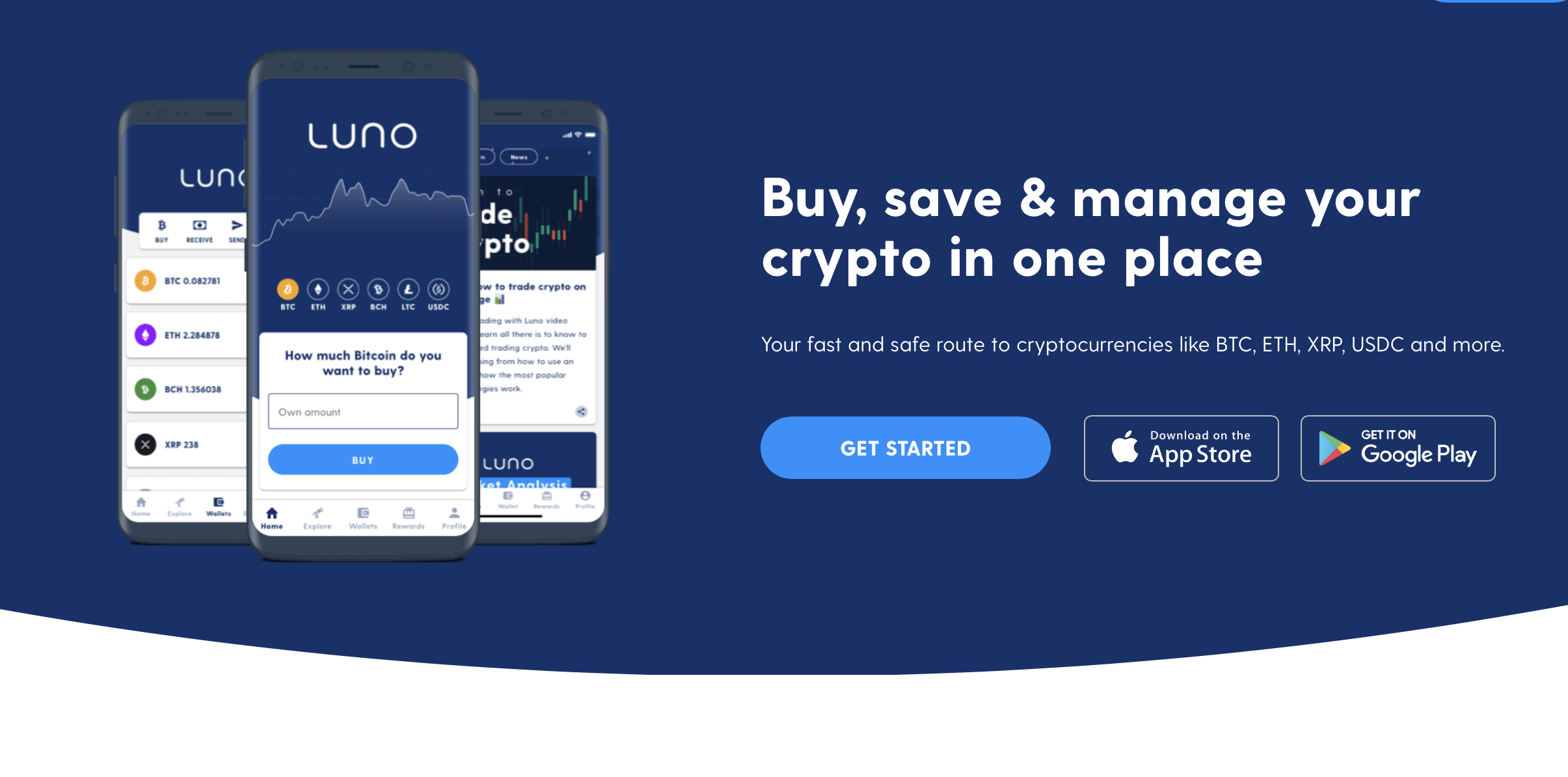
Luno has achieved a significant milestone by becoming the first locally operational cryptocurrency exchange to launch staking services in Nigeria, offering users the opportunity to earn up to 18% annual returns on select digital assets. This groundbreaking development introduces a new passive income avenue for Nigerian crypto enthusiasts, who can now stake Cosmos (ATOM), Solana (SOL), Polkadot (DOT), and NEAR Protocol (NEAR) directly within the Luno app without requiring offshore platforms.
What Luno’s Staking Service Offers
The staking feature eliminates traditional barriers that have historically limited Nigerian participation in proof-of-stake rewards. Users can begin earning rewards with no minimum investment requirements, enjoy complete flexibility with no fixed lock-up periods, and maintain full control over their assets with the ability to unstake at any time.
The service supports four leading blockchain assets, with Cosmos (ATOM) offering the highest potential annual yield of up to 18%. Solana (SOL), Polkadot (DOT), and NEAR Protocol (NEAR) also provide competitive returns, though actual rewards vary based on network conditions. Crypto staking has traditionally required Nigerian users to navigate complex offshore platforms, making Luno’s local offering particularly significant.
Breaking Barriers in the Nigerian Market
This launch addresses a critical gap in Nigeria’s crypto market, where users previously faced limited options for generating passive income from their digital assets. The introduction comes at a time when cryptocurrency adoption across Africa continues to accelerate, with Nigerian users increasingly seeking sustainable alternatives to speculative trading.
Ayotunde Alabi, CEO of Luno Nigeria, emphasized this shift in user behavior, stating that Nigerians are “increasingly looking beyond trading to build long-term value with digital assets.” He described staking as representing “a new phase of crypto adoption, one rooted in sustainability and utility,” while highlighting Luno’s commitment to maintaining high safety and compliance standards as a licensed operator.
To encourage early adoption, Luno is waiving significant platform fees during the first three months of the service, effectively increasing the rewards customers receive during this promotional period.
Proven Success Across Africa
The Nigerian launch builds on Luno’s established expansion strategy across Africa, following successful rollouts in South Africa and Malaysia. The platform has demonstrated strong user adoption, with over 150,000 customers opening staking wallets and more than R1.5 billion worth of cryptocurrency assets staked through the platform in South Africa alone.
These numbers indicate substantial appetite for regulated passive income products in emerging markets, reinforcing Luno’s position as a leading cryptocurrency platform in the region. The success metrics suggest that Nigerian users may similarly embrace the staking opportunity, particularly given the country’s position as Africa’s largest economy and its young, tech-savvy population.
How to Get Started
Getting started with Luno’s staking service involves a straightforward process. Users need to update or download the Luno app, deposit or purchase any of the four supported cryptocurrencies (ATOM, SOL, DOT, or NEAR), navigate to the “Earn” section, and select “Start Staking.” Rewards begin accruing immediately, with users maintaining the flexibility to unstake at any time without additional costs.
The user-centric approach ensures customers retain complete control over their assets while providing full transparency regarding rewards and fee structures. This approach aligns with growing demands for clear, compliant cryptocurrency services in regulated markets.
Looking Forward
This development positions Nigeria to potentially catalyze wider adoption of proof-of-stake assets while strengthening the country’s role in Africa’s expanding digital asset ecosystem. As Nigerian cryptocurrency users continue evolving beyond speculative trading toward sustainable investment strategies, locally compliant platforms offering transparent staking services are likely to become increasingly important infrastructure in the country’s financial technology landscape.





